Found 40 movies, 23 TV shows, and 0 people
Can't find what you're looking for?
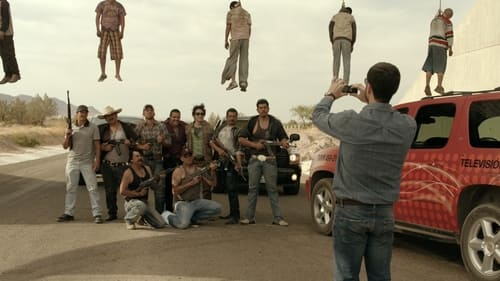
TV MX, the most powerful Mexican Television Corporation, discloses a scandalous story involving Governor Carmelo Vargas in serious crimes and illicit business. Governor Vargas worried about his political future, decides to clean his image and negotiates a billionaire secret agreement with the owners of the TV Corporation. Carlos Rojo, an ambitious young news producer, and Ricardo Diaz, TV network star reporter, are responsible for making a dirty campaign to change the image the public has of the corrupt Governor and make him, at any cost, a political star and a great presidential candidate. Mexican Television believes that democracy is a farce and has already placed one President... Will they do it again?
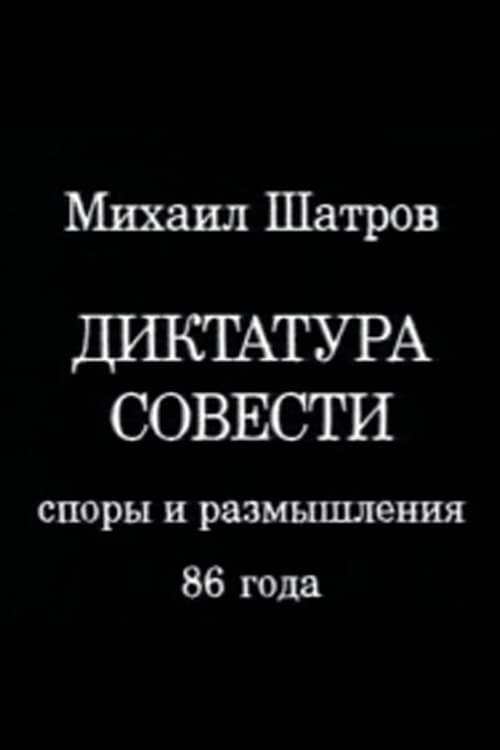
Performance of the Lenkom Theater based on the play by M. Shatrov.

In 1921, the Cheka became aware that gold and jewelry were stolen from the treasury of Gokhran, and that a special organization was involved in transporting the stolen to Estonia. Scout Maksim Isayev is sent to this country. He establishes that the cipher of the Soviet embassy Olenetskaya works for the German resident Nolmar, with whom employees of Gokhran Kozlovskaya and an appraiser Yakov Shelekhes are associated. As a result of the provocation, Isayev was arrested. In the prison cell, he finds himself together with the famous Russian writer Nikandrov, who could not find himself in post-revolutionary Russia and went abroad. Released soon by the efforts of his comrades, Isayev continues the struggle for the fate of Nikandrov — for his return to his homeland.
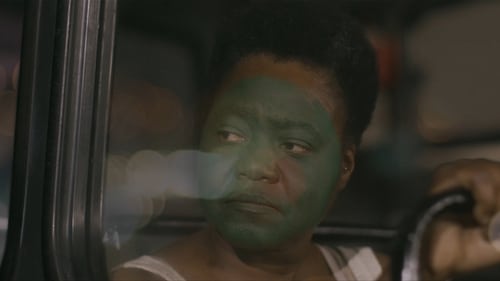
Yeda, the green-faced woman, sells homemade bread to support the house where she lives with her sick husband. Through the context of green-faced people, we know the reality of those who live on the fringes of a purple-faced society.
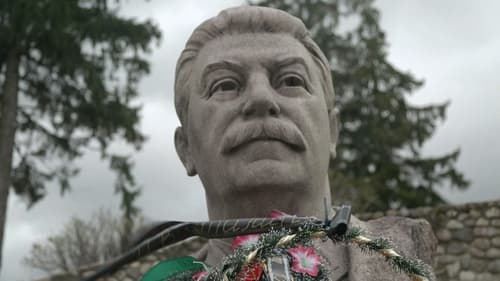
It’s the last dictatorship of Europe, caught in a Soviet time-warp, where the secret police is still called the KGB and the president rules by fear. Disappearances, political assassinations, waves of repression and mass arrests are all regular occurances. But while half of Belarus moves closer to Russia, the other half is trying to resist…
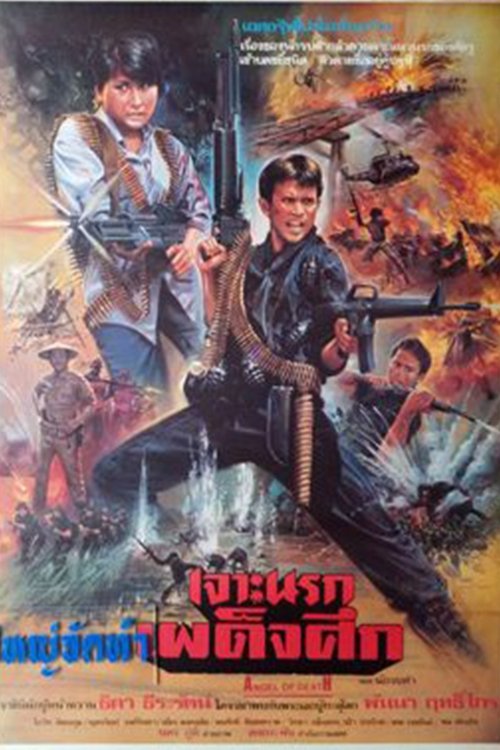
A mercenary unit led by Commander Suraphon (Panna Rittikrai) has to go out into battle again. Shortly after being discharged, Mayom (Tida Thirarat) and her older brother Making come to help the military. and all sacrificing their lives for the nation.

In Portugal, during the night of April 24-25, 1974, a peaceful uprising put an end to the last government of the Estado Novo, the authoritarian regime established in 1933 by dictator António de Oliveira Salazar (1889-1970), paving the way for full democracy: a chronicle of the Carnation Revolution.
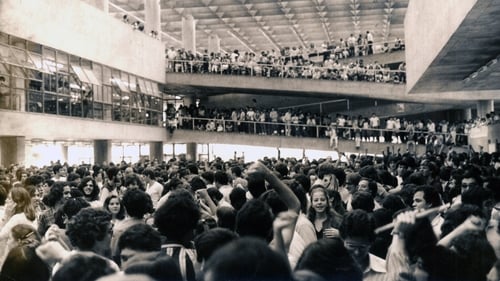
In the 1970s, they were championing the fight against Brazil’s military dictatorship. Forty years later, what’s left of Libelu? What does adult life have in store for you after the revolutionary youth?

Even with all the brutality in the Brazilian dictatorial period, many artists presented themselves as a resistance, using their talent and creativity as a way to trick the censorship.

A portrait of the ruthless dictator Nicolás Maduro, who has ruled Venezuela with an iron fist for more than a decade, despite domestic opposition, international pressure and economic sanctions.

Several decades after the collapse of the communist system, nostalgia for the former regime has reached unimaginable proportions in almost all former communist European countries. The documentary Nostalgia for Dictatorship does not limit itself to presenting this genuine syndrome of "longing for dictatorship", but, in parallel with the opinions and motivations of ordinary citizens living in the former communist space, it advances explanations by researchers from various fields, sociologists, psychologists, political scientists, ethologists, etc., regarding the intimate motivations of such a paradoxical feeling.

No description available for this movie.
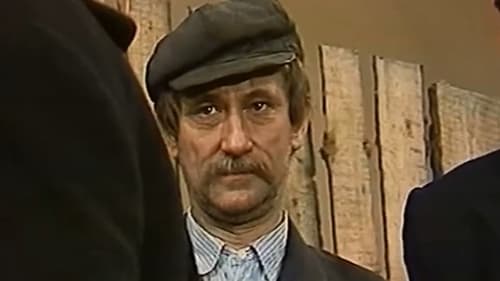
Television production of the play "Dictatorship" by Ukrainian playwright Ivan Mykytenko, who was repressive in the 1930s. The theme of the film was the tragic fate of the people deceived by the government - a peasant who was robbed to the last grain and his strength was destroyed.
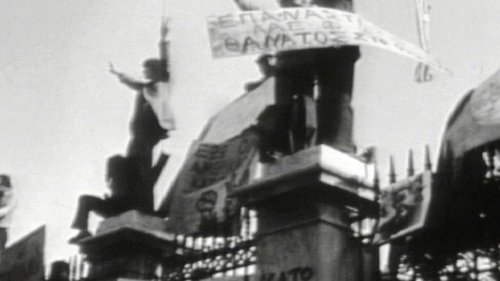
The Chronicle of Greek Dictatorship 1967-1974, is a 37 minute documentary, unpublished for decades, that records important events, from the funeral of Georgios Papandreou and Giorgos Seferis to the trials of Alekos Panagoulis and other fighters against the regime. Voulgaris began shooting on his own with a super-8 camera, copies of which he later sent in Paris to Costas Gavras and Chris Marker. The latter decided to help Voulgaris, sending him a new 16mm camera and reels thus he was able to continue the shooting.
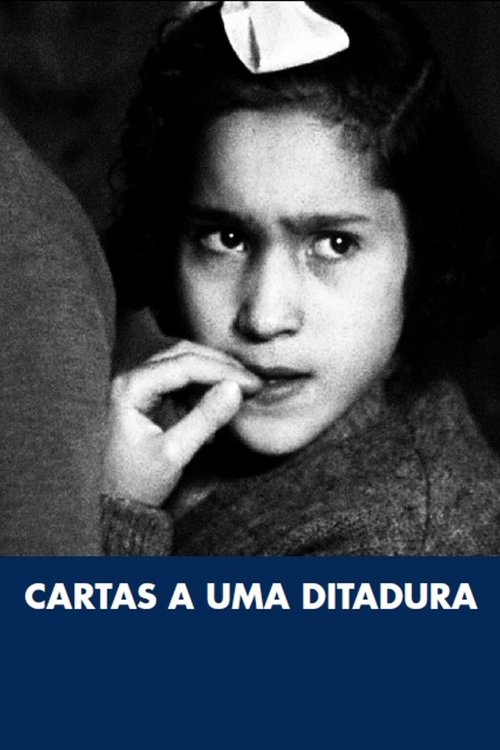
A hundred letters written by Portuguese women during the Salazar dictatorship were found by chance in a second-hand bookshop. By confronting today the women who wrote these letters with the ghosts of the past, and revealing important archive material, Letters to a Dictatorship takes us on an in-depth journey through the obscurantism that dominated Portugal for more than 50 years.

Did Volkswagen spy on its own employees and subject opposition members to torture during the dictatorship in Brazil? The report investigates the allegations.

Almost 40 years after the end of the Military Dictatorship, Brazil is thinking about how to remember its dictators.
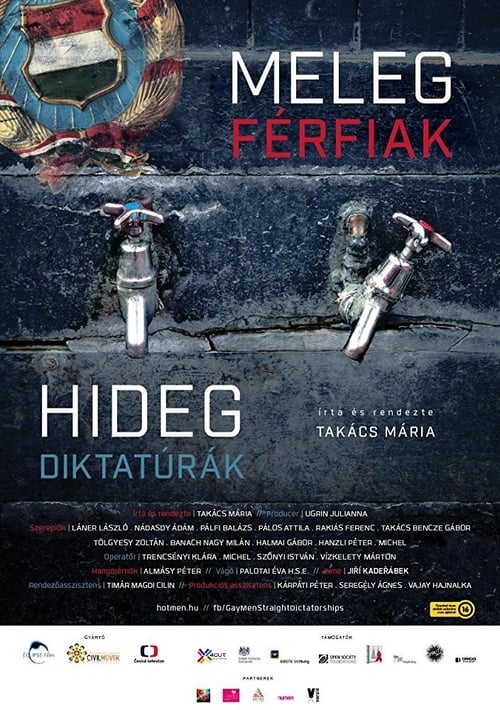
Four young gay guys investigate how Hungarian society and the state have been treating gays and how gays' personal experiences of social and political oppression have changed since Communism until today.

Documentary that investigates on the effects that civic military man produced the last dictatorship in the past loving and present, allowed and prohibited relations.
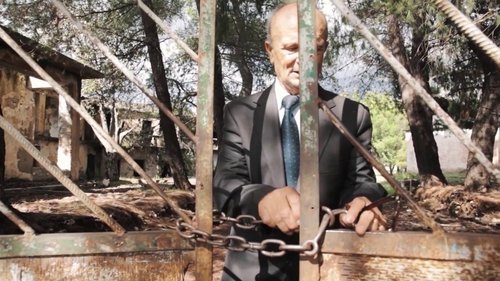
"Children of the Dictatorship" documentary is produced by the Institute for Democracy, Media & Culture and directed by Besnik Bisha. It centers on four characters of various ages that were born and passed their childhood in prisons or internment camps: Simon Mirakaj, Alma Liço, Ritvana Mena dhe Lurian Mena. They belong to different generations and bring to the Albanian and foreign audience an autobiographical approach to the system. This documentary, done in cooperation with the Directing branch of the University of Arts, aims to raise awareness about the consequences of the Communist past where even newborns were often punished according to the law of the time as "enemies of the people".
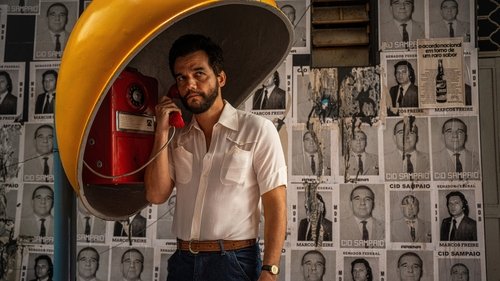
Brazil, 1977. Marcelo, a technology expert in his early 40s, is on the run. Hoping to reunite with his son, he travels to Recife during Carnival but soon realizes that the city is not the safe haven he was expecting.

An ex-special forces operative takes a job to provide security for a journalist as she interviews a dictator, but a military coup breaks out in the middle of the interview, they are forced to escape into the jungle where they must survive.

A woman married to a former politician during the 1971 military dictatorship in Brazil is forced to reinvent herself and chart a new course for her family after a violent and arbitrary act.
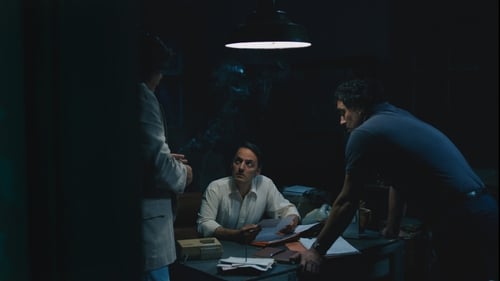
Yvan De Wiel, a private banker from Geneva, is going to Argentina in the midst of a dictatorship to replace his partner, the object of the most worrying rumors, who disappeared overnight. Between hushed lounges, swimming pools, and gardens under surveillance, a remote duel takes place between two bankers who, despite different methods, are the accomplices of a discreet and merciless form of colonization.
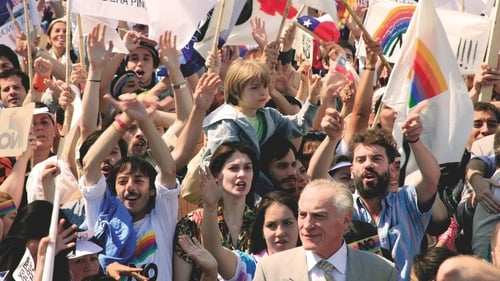
In 1988, Chilean military dictator Augusto Pinochet, due to international pressure, is forced to call a plebiscite on his presidency. The country will vote ‘Yes’ or ‘No’ to Pinochet extending his rule for another eight years. Opposition leaders for the ‘No’ vote persuade a brash young advertising executive, René Saavedra, to spearhead their campaign. Against all odds, with scant resources and while under scrutiny by the despot’s minions, Saavedra and his team devise an audacious plan to win the election and set Chile free.
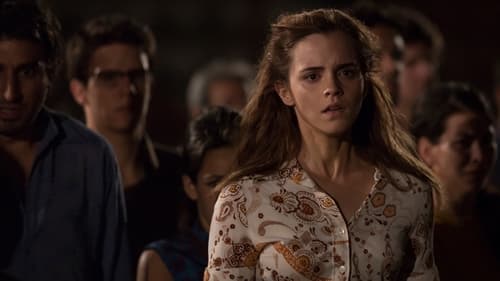
A young woman's desperate search for her abducted boyfriend draws her into the infamous Colonia Dignidad, a sect nobody ever escaped from.

Afro-Brazilian poet and politician, the legendary Carlos Marighella. Driven to fight against the erosion of civil and human rights following the CIA-backed military coup of 1964 and the brutal, racist right-wing dictatorship that followed, the revolutionary leaves behind his wife and son to take up arms, becoming a notorious enemy to the power structure.
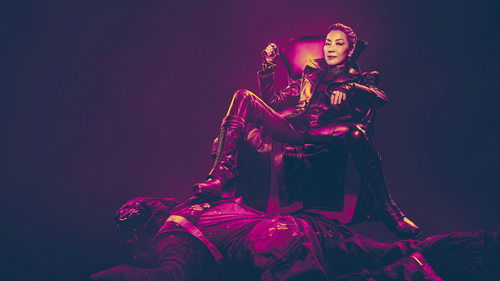
Emperor Philippa Georgiou joins a secret division of Starfleet tasked with protecting the United Federation of Planets and faces the sins of her past.

In Argentina, between 1982 and 1985, the Puccios, a well-established family of San Isidro, an upper-class suburb of Buenos Aires, kidnap several people and hold them as hostages for a ransom.
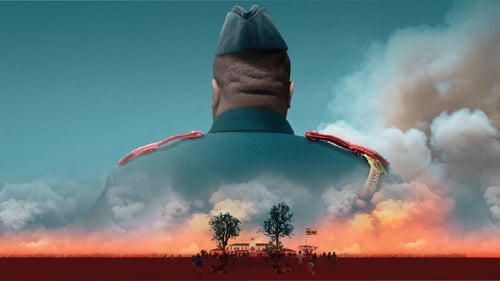
Young Scottish doctor, Nicholas Garrigan decides it's time for an adventure after he finishes his formal education, so he decides to try his luck in Uganda, and arrives during the downfall of President Obote. General Idi Amin comes to power and asks Garrigan to become his personal doctor.
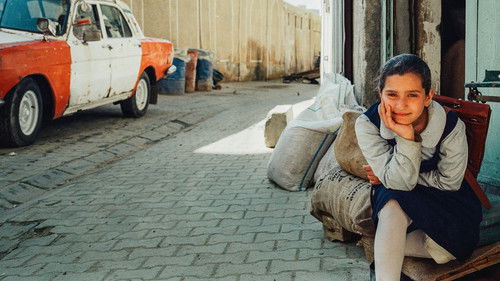
In 1990s Iraq, it's 'draw day', when schools select students for the honour of bringing items to their mandatory local celebrations of President Saddam Hussein's birthday. Nine-year-old Lamia lives in the historic marshes with her spirited grandmother, Bibi. Before school, Bibi teaches Lamia clever tricks to avoid being chosen for the baking duties. However, when Musa, the authoritative teacher, calls Lamia's name for the most challenging task–the birthday cake–she has no choice but to accept. Refusing could mean imprisonment or even death.

Four friends visit a rural locality of Chile, are brutally attacked by a man and his son. After not finding help in the town, they decide to confront these men with the help of a pair of policemen. But in this way, they will discover that their attackers have in their blood the direct legacy of the darkest period of Chilean history and will have to face the most brutal enemy.
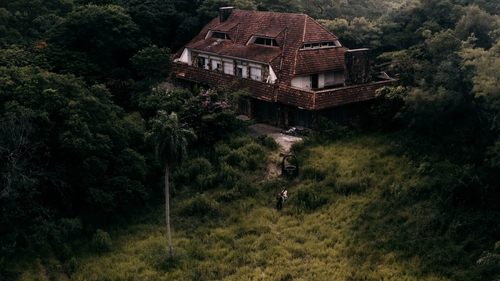
Two working class youtubers ‘in the making’ enter an abandoned mansion to get their basketball back, and get lost inside while pranking each other. They record their ‘quick adventure’ with their phones for their audience, and tweak it with a fake phantom appearance to attract more followers to their YouTube channel. When uploaded the video goes viral, so they start a challenge: if the video reaches a certain number of views, they will enter the house again, at night, alone, totally unprotected. As fans react positively, they will do as promised, not only to discover and unveil the true nature of the place and their inhabitants, but to realize they might not be among the living anymore. Which opens a question - how far would you go to be famous?

Does someone remember that project of López Rega’s which, in 1975, thought up the construction of a Great Homeland Altar where all mythical figures of Argentine history could be in the same building? From San Martín to Perón on his pinto horse. From the Billiken stamps of our childhood to Libertad Leblanc’s tits of our teenage years. All clichés of Argentine-ness gathered under one roof. But the construction delays. Workers entertain themselves with their own masturbatory drives. Or is it that Argentina is an impossibie construction? Always about to begin. always displaying great projects, great plans that never come to fruition. A second-rate country that hides its fundamental vacuity behind monuments. in Acha’s cinema, second-rateness is exposed, shown in all its lying pomposity.
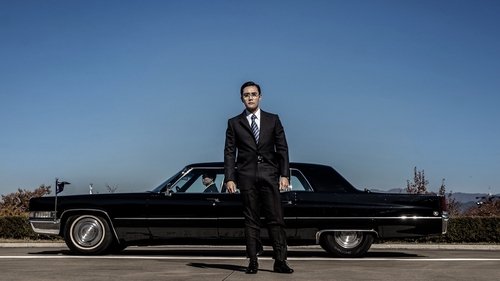
When the investigation of 'Koreagate' takes place, Park Yong-gak, a former KCIA director who knows everything about the government's operations, heads to the United States in exile.

In 1980, an American journalist covering the Salvadoran Civil War becomes entangled with both the leftist guerrilla groups and the right-wing military dictatorship while trying to rescue his girlfriend and her children.

A short film produced between September and October of 1969, during the course of the Brazilian military dictatorship. It's authorship remained anonymous for a long time and the precariousness of the production was due because of its clandestinity. The film is a collage of images of popular repression, ruling power violence and its people resistance around the world.

The story of Aung San Suu Kyi as she becomes the core of Burma's democracy movement, and her relationship with her husband, writer Michael Aris.

Four lucid grandmothers tell their story forgotten by history: the militancy and resistance of the young women of the leftist youth against the dictatorship of Marcos Pérez Jiménez.
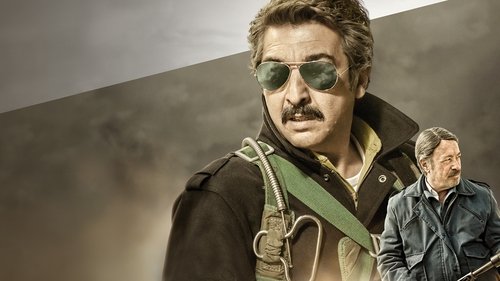
Colonia Helena, Argentina. The mysterious Tomás Kóblic, a former Navy pilot, works as a fumigator while dealing with his dark past and the intrigues of the corrupt police commissioner…